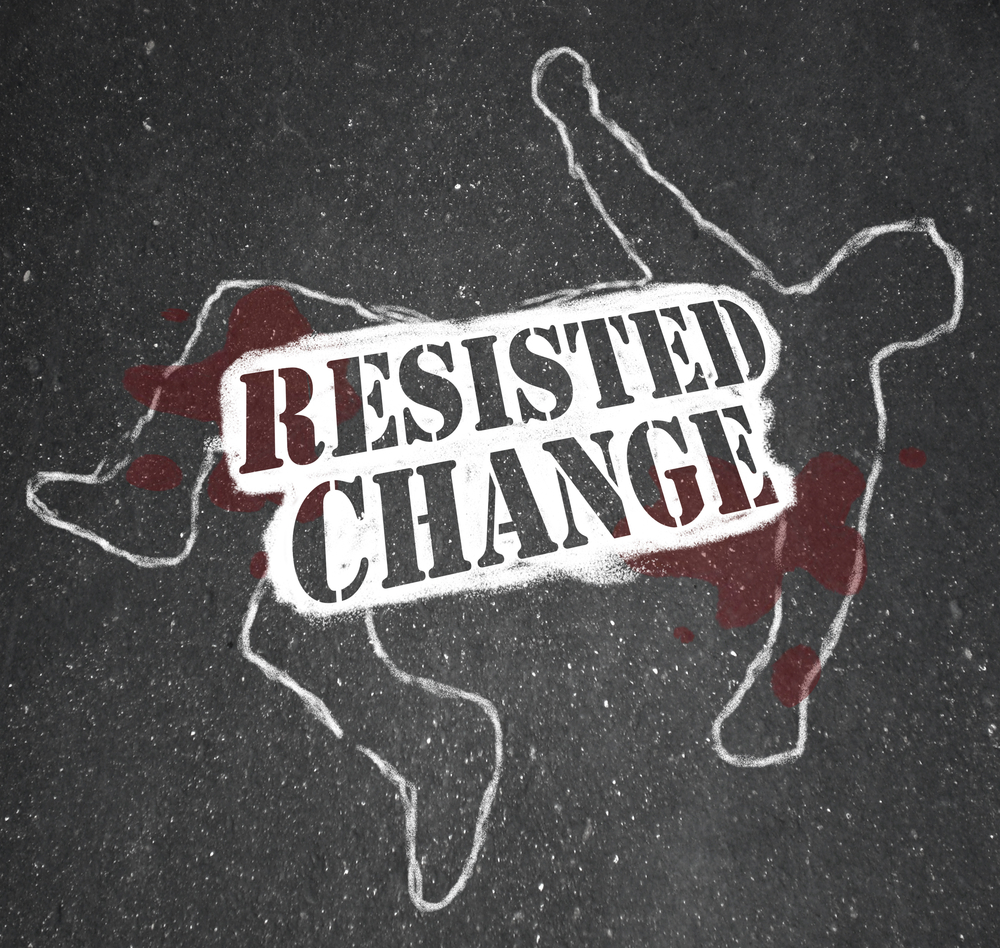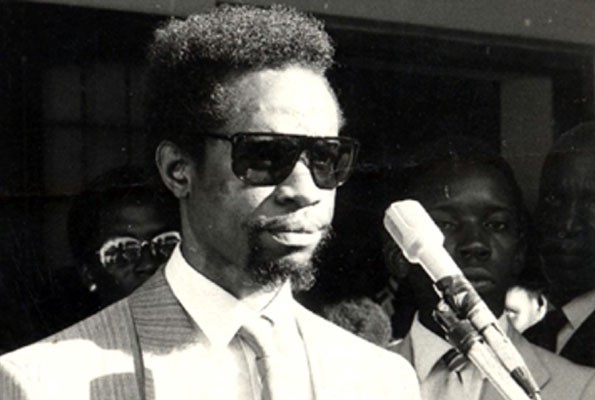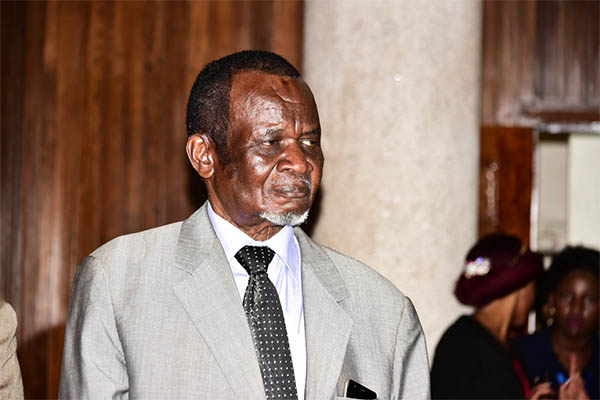The news of discovery of gold in the town of Bifunna was greeted by almost everyone with drumming and clapping. Long after the coffee boom days when Bifunna boasted of the highest number of Mercedes Benz owners in the Central region of the country, courtesy of coffee sales, she had faced hard times as global coffee prices went south. Suddenly Bifunna looked like an abandoned ghost town as traders disappeared, with folks in the district giving up on their ageless coffee planting, which they now called Tebiffunna, in search of a new cash cow.
Unemployed, now, Bifunna was a dusty ghost town where villagers came and sat most of the days on vacant verandah, looking at once thriving but empty stores. Many would cling to lonely bottles in the few open bars around where they shared wistful memories of gone days when folks had their pockets ever bulging with cash, from coffee sales and, could order a spree of drinks. “We were the talk of everyone,” reminisced Mpewo, an old bald headed man, whose once thriving coffee farm was now desolate with a bush full of thorns and thistle.
But this was not the case with Lengela, one man who decided not to abandon coffee growing, a crop which he had grown up with, and pretty knew about everything. “I can’t learn new tricks late in life,” he would push off those who urged him to give up on coffee growing because of bad prices. Indeed he kept at it, though the earnings were far much less, something which made some of his neighbors pour scorn at him. “Look at this fool still pouring money in coffee growing! Cant he use his head to attempt on new promising cash crops like say plant eucalyptus trees or maybe ginger.”
Lengela listened to the criticism but he was not moved. He sought out the help of Agricultural extension workers. They confirmed that the Bifunna soils and weather patterns were best suited to coffee plants, unlike the new exotic crops, some from temperate climates, quick to whither and fall prey to local pest attacks. “Just stay on with what you know,” advised an extension worker. “Instead of getting scattered into new unknown areas.”
As a result of modernizing coffee growing Legela started realizing higher yields from an acreage. However, he was just making enough to survive as the situation on the global market remained grim and his earnings were uncertain. Sometimes he thought of converting his farmland to something else as many around him had done, like planting eucalyptus trees too. But he held on to the crop he loved.
Then suddenly, when Bifunna had all but been deserted; someone discovered gold here. All of a sudden gold hunting hordes descended upon the nearly vacant town and quickly went about in the villages looking for land to purchase, lease or rent, and start scooping out gold.
“Lease to us your land,” one of the gold hunters came up and approached Lengela. “We hear there is gold down there.” Lengela waved him off. “I have better plans for my land.”
The gold diggers were not short of those willing to sell them land. Prices were low as most of the land had been rendered into disuse after folks had given up on coffee farming. The gold hunters would offer ridiculous low prices to the natives, who after happily selling, quickly set off on to a jolly ride from their land sale bonanza.
“The good days are back again,” said Mpewo, the old bald headed man after dispensing off a square mile. “I can now marry a third wife and purchase a Boxer motorcycle. I am hot!”
When he heard of the sales going on, Lengela, paused with a mixture of bemusement and inescapable indignation. He shook his head as his neighbors all around gave up on their land, which had been passed on to them for generations. Once the gold hunters took possession of the land they quickly curved it into plots and started digging underneath where every now and then gold muds would be found. You could hear ululations of joy once a digging party hit a gold mud. Pails came flying from underneath full of gold to the owners jubilation.
However, no one had taken trouble to first research on the extent of the gold. So, after a year of gold rush the yields from most of the pits that now littered all over Bifunna, had all but dried up. The gold had been exhausted. Those that had sold out their land where now empty handed.
“I want my land back,” Mpewo walked up to a gold digger. He was a land speculator, he had sold to his square mile for a third of its current market price.
“If you come up with this money,” said the land speculator giving him a mind boggling price, “you can get back the land title.” Mpewo had spent all the money from his sale on booze and merry making. He walked away sullen.
And it is then that the coffee prices started gradually recovering. There was a shortage of supply on the global market. Suddenly Lengela who had never given up on coffee was back in business. He was now the largest landowner around Bifunna as he had never given in to the gold hunters. Lorries started driving up to his farm, park and stay overnight, waiting to be loaded with coffee sacks.
Once loaded, having paid off Lengela at premium prices, the Tata lorries cruised off, leaving behind a happy man. “If I had given up on coffee growing,” he mused. “ I would now be like those villagers who are now squatters on their land.”
As long as there is life there will never be short of quick to get rich schemes. For those in farming cyclical changes in the economy might mean that once their favorite cash crops are no longer as profitable as before. But should they then abandon them and rush to embrace the latest fancy crop!
The challenge with this path is that enduring success is often after years of skills that one has horned and stands to lose all that generational knowledge in favor of the latest gold wand. Here, in this story, success smiled to Lengela because he had the staying power and kept plowing at his age old trade even against all new gold bagging schemes. He didn’t fall prey to them. For he knew he already had the gold.










